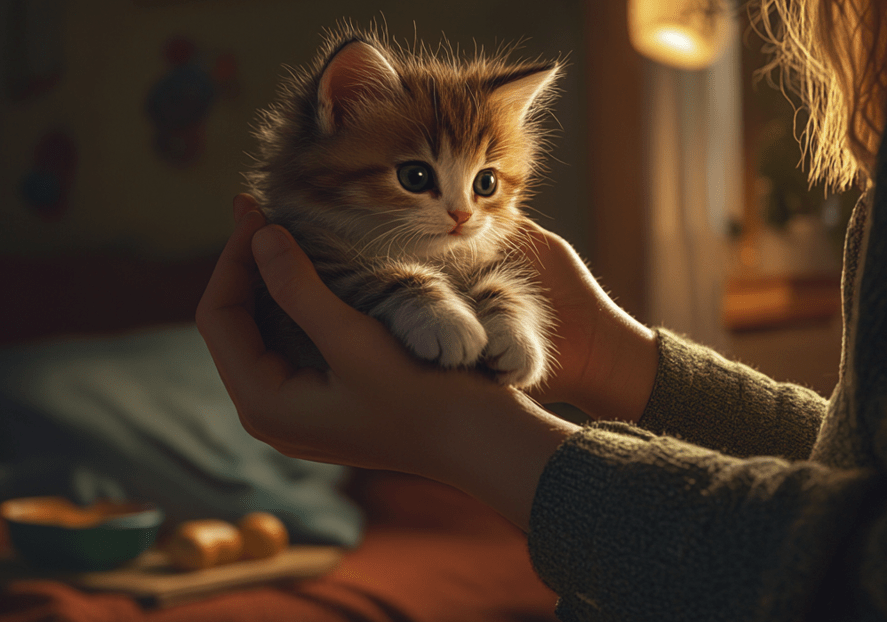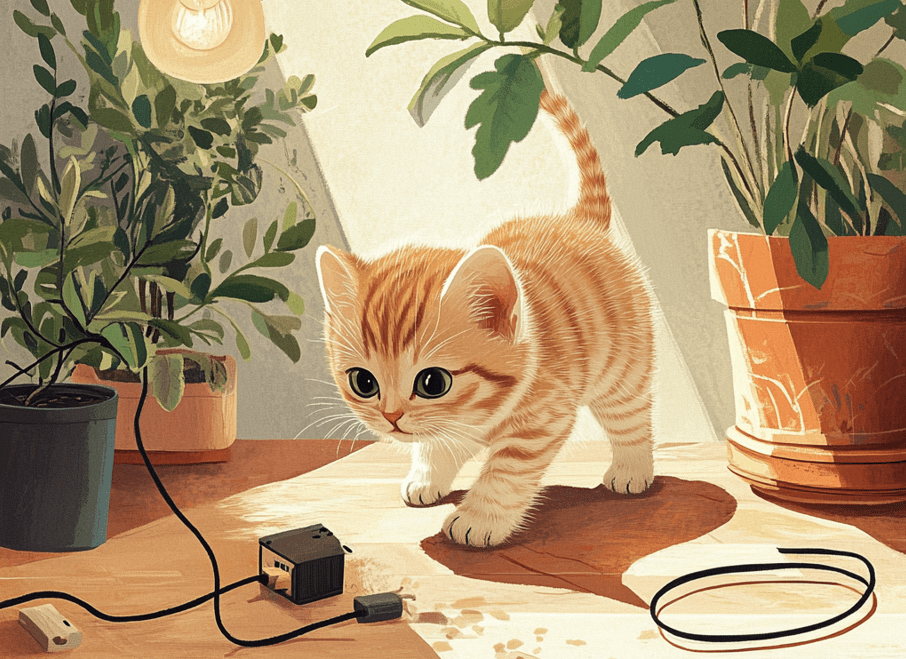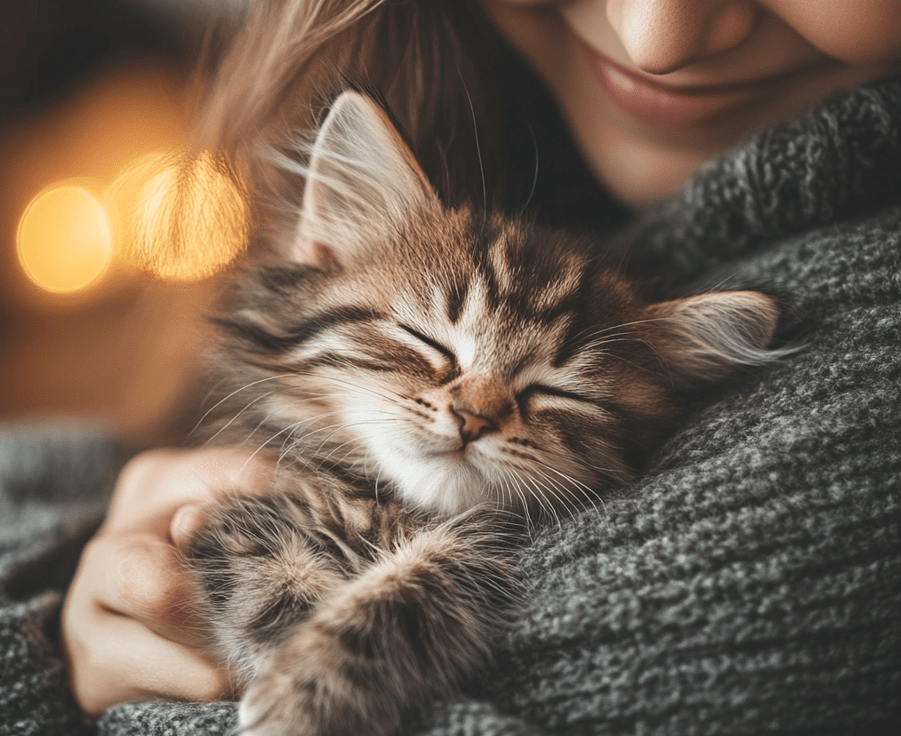
You have decided to bring home a furry, cuddly friend! So, now what are your next steps? If you are just beginning, rescue shelters are best but not for the rest. However, if you cannot adopt a kitten from the shelter, then what you will have to do is find an accomplished breeder. However, finding a good breeder is not always as easy.
Your choice of breeder will have a huge impact on the health and personality of your cat so they must be reliable. A social gathering of kittens learn vital skills to become a well-adjusted kitten between 3 and 8 weeks of age (though the developing stage may be slightly shorter). This is the time when what they are cared for and how they interact has a profound and long-term influence on their social aptitude, trainability, and general behavior.
Before making a decision, take some time to ask the right questions that will lead you to choose the breeder for this dog. To help you through this process, we outlined some important questions to ask yourself. We investigated this question further.
To watch the summary of this article, just watch this video-
Some questions to ask a cat breeder
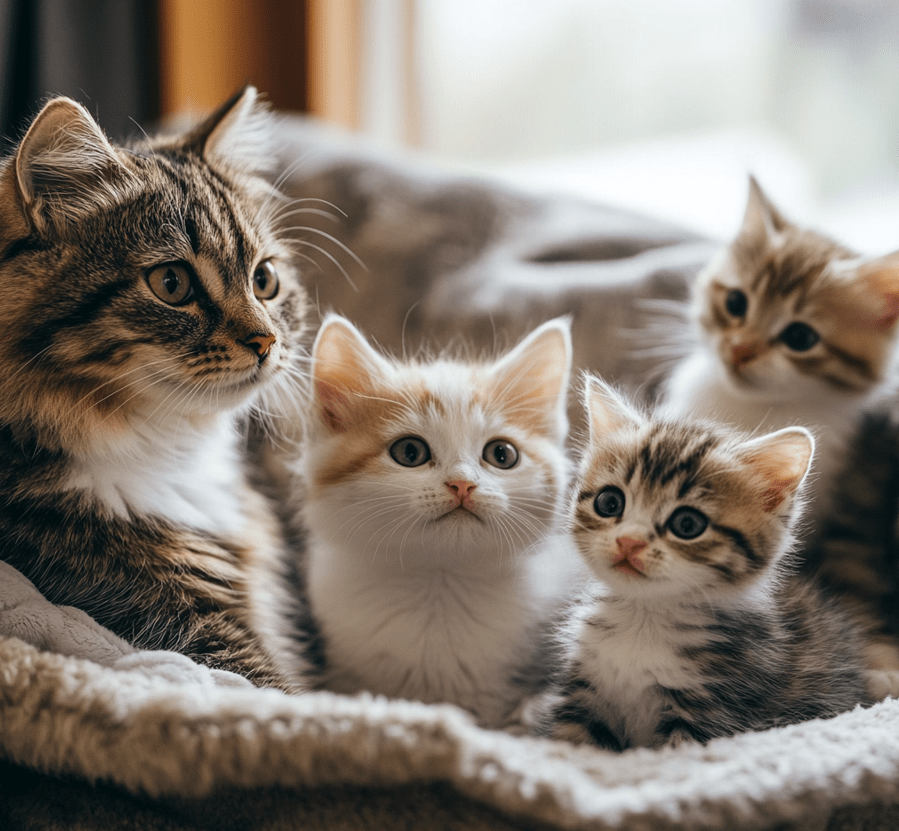
Is the Breeder Referenced?
The initial question to ask a breeder is if they can refer you to other people or tell you what breed club the fall under. You will use these references to determine her reputation as a breeder. You also need to personally verify the references themselves. In this case it is recommended to search for another breeder who can provide references.
Are the Parents of the Kitten Certified?
Purebred cats might have an increased potential for inherited genetic health problems. Some diseases such as cardiac problems are genetic, and these will be present in a generation to generations. Responsible breeders will have their parent cats tested by a veterinary specialist prior to breeding for such diseases in order to declare them low-risk. Knowing the health status of the parents will help in determining what you could expect from them in-terms of kittens health.
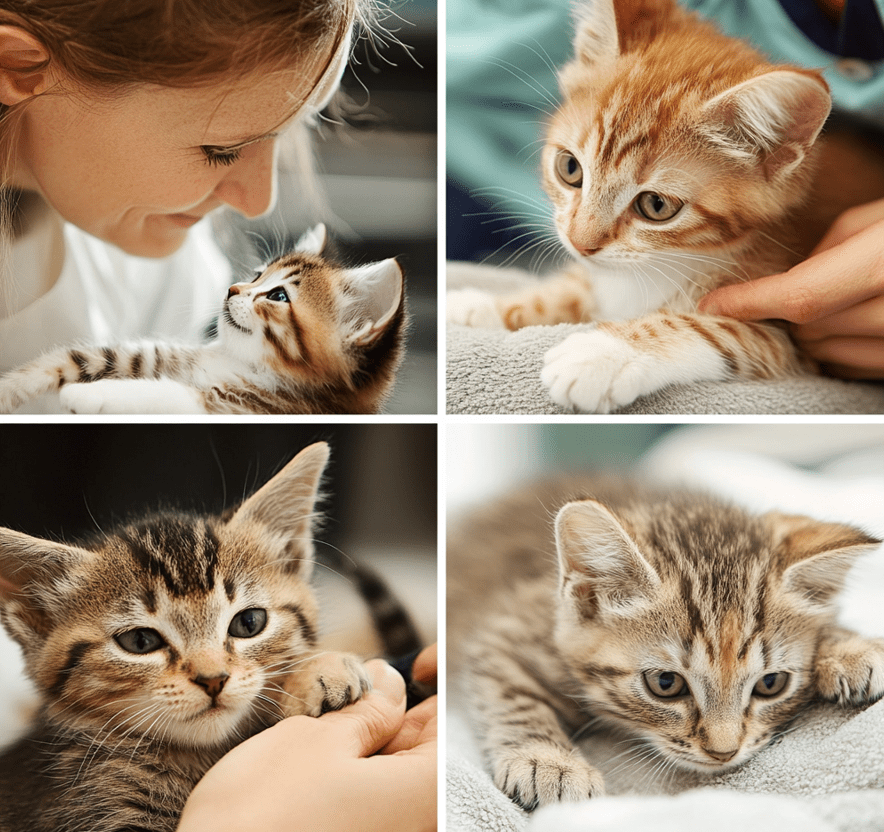
Can I Meet the Parents?
Apart from just seeing if the parents are certified, it is recommended to get in touch with them. This allows you to see the temperaments of the cats before getting them, which is useful to sense both the characteristics and health of the mom (queen). From the mother, kittens learn valuable behavioral and social skills.
Sadly, not all breeders may offer such an option. If so, ask for the reasons. At times the explanation is legitimate, while there are other times it would be concerning how high a volume of dogs that person was killing and what sort of standards that breeder is keeping.
What is the Family Line?
Apart from meeting the parents, asking about the kitten’s family history will also be helpful. This will give you the best idea about what to expect with your kitten’s health and socialization from its family line. Now a family line is not necessary, but it can explore helpful concepts.
If the breeder has information about the family background, ask for the lifespan of other cats in the line, their health issues as they matured and their demeanor with other individuals.
What Kind of Socialization have the Kittens had?
Kittens need early-life socialization and you should ask potential breeders how the kittens have been socialized. It is worthwhile to ask if they have been around other cats and humans. If kittens are poorly socialized by 9-10 weeks, it will be difficult for them to adjust to new animals or people. Kittens with considerable socialization, on the other hand, are more likely to be gregarious and like people and other animals. That is the reason why it is so important to socialize your fluffy little friend as a puppy and let him experience on his own.
What to Feed Your Kittens?
Ask the breeder what food is being given to your kitten. If you choose to take the kitten home, you should feed him for a few more days with the same product so as not to cause problems in the gastrointestinal tract. When it comes time to change its diet, do so slowly.

Has the Kitten Seen a Vet? What Were the Findings?
However, remember to review the medical history documents of the kittens, once they produced a competent lineage. This, of course, goes beyond just inquiring as to whether neutered and has been vetted. Don’t forget that responsible breeders take their kittens to the vet at an early age!
It will then be ideal for you to ask about the examination of the kitten, and what observations did the vet make? Like for example, was the kitten considered healthy? Veterinarians recommend any medications answering these questions will give you a good idea of how well the kitten is health-wise to start with.
Which vaccinations have been given, and what deworming preparations?
Some vaccinations are necessary for kittens from a young age. Be sure to ask the breeder if the kitten has received any vaccinations and when they are due for future vaccinations. A breeder who cannot answer this may not be a responsible breeder.
Also ask about deworming. All kittens should receive their vet-approved deworming streak.
What is the Guarantee?
Since responsible breeders ensure this. They may also provide a warranty of some sort, if the kitten falls seriously ill after it has been adopted. This is a very important question to ask from the beginning, and ensure that all possible issues are addressed in case something bad happens.
What is a Breeder’s Contract?
As with the warranty, a breeder should issue a contract. This contract will detail any health guarantees or obligations that must be met if the cat becomes ill, and what you agree to do in the event that you are for some reason unable to keep your new kitten in a home where excellent care is assured.
Does It Need Limited Registration?
This question will not apply to all, but some breeders do have unique registration requirements. For example, they may need a cat to be spayed or neutered before some age. So it was very vital that you realize this beforehand.
Certificate of Health, Certificate of Sale
Some states require the possession of a health certificate along with a sales certificate, so it should be made sure to check whether the breeders have these documents. Check with the breeder if they have the records or how you can get them from a vet (must be prescribed by a vet)
Advice From The Breeder
Moreover do not hesitate to request suggestions from your breeder. An experienced breeder usually has more experience in nurturing kittens than an average pet owner, especially with your particular kitten. Their advice can be very beneficial to you as you enter the world of owning a cat.
Conclusion
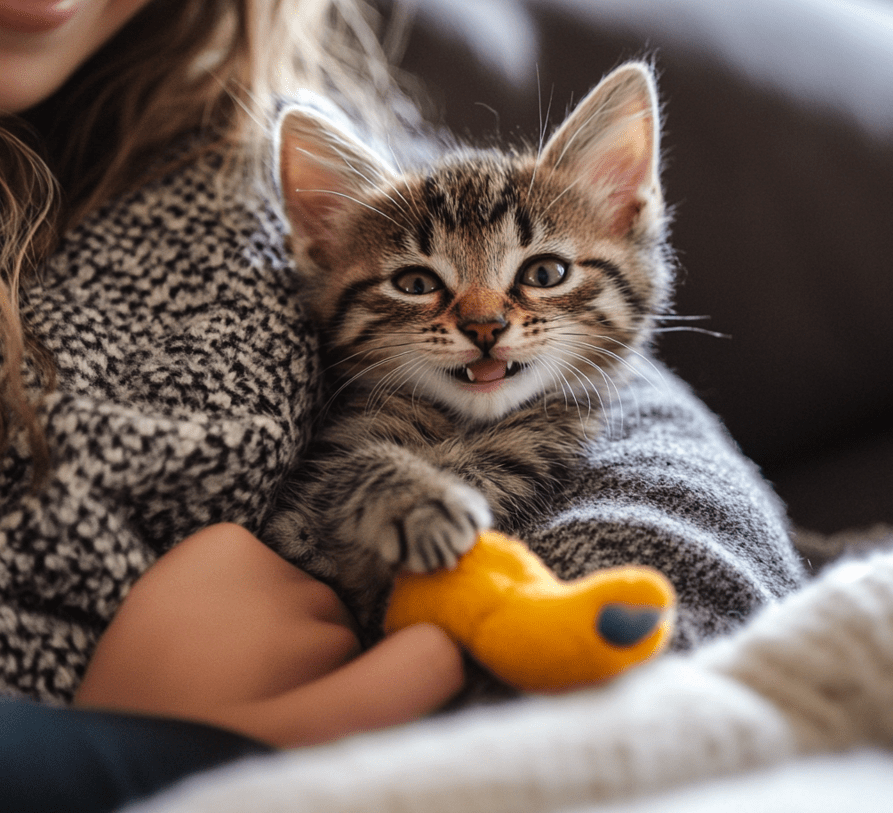
The most important thing in getting a healthy and happy kitten is finding a reputable breeder. A good-bred kitten is not only healthy, but also has been taught by his mama and papa good “manners”, which makes this future family member an appropriate friend. Using these questions will help make your decision on selecting a breeder so much easier for you.
We recommend talking to several different breeders so that you can see how they respond and gauge their level of knowledge and dedication, as well as what information they are willing to disclose about their breeding practices. This comprehensive care takes all the educated guesswork out and allows us to be confident as consumers that the kittens are raised in optimal settings and that breeding stock is in excellent health. In the end, responding to these inquiries will result in a better choice which will offer you a very best friend for your house.

